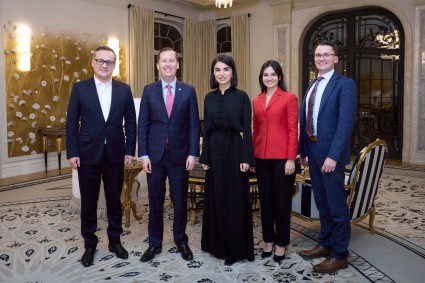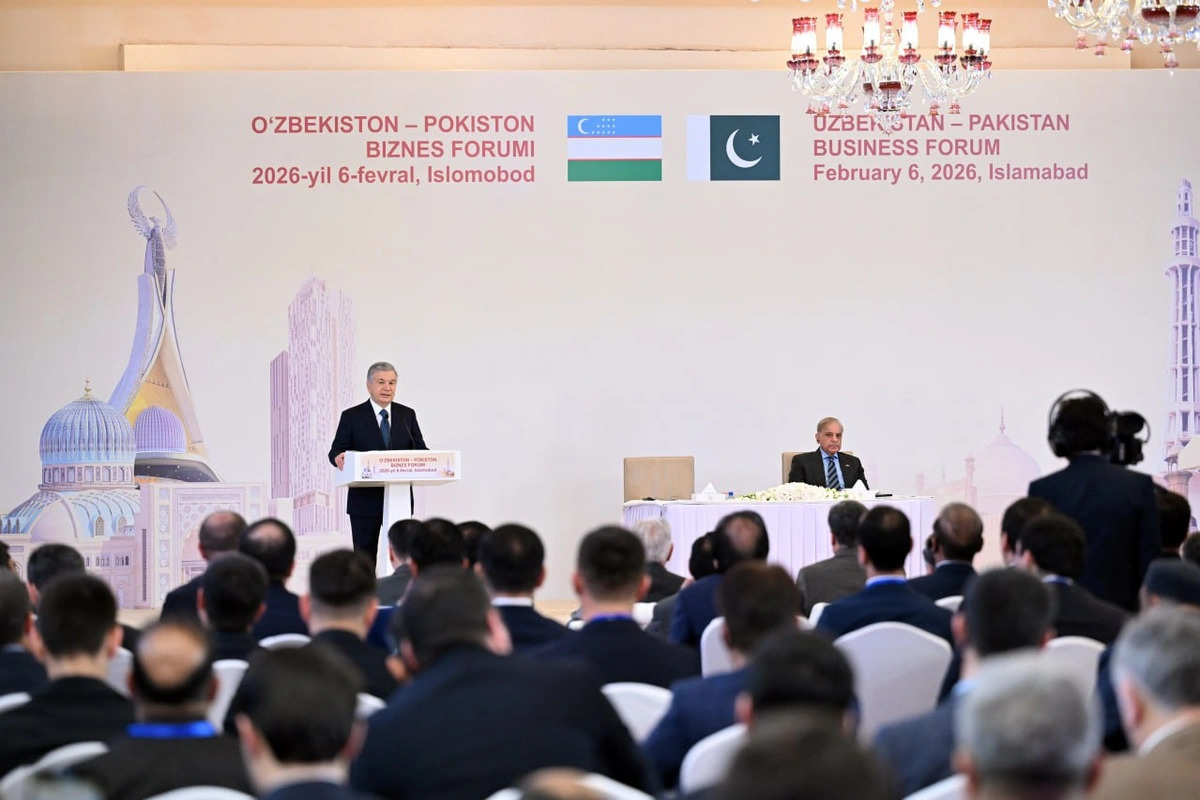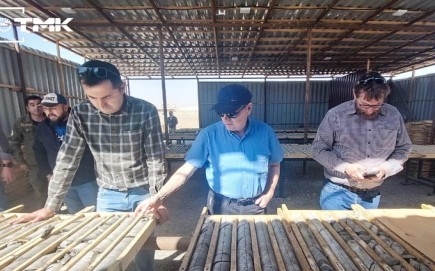The project of the CCI and UNDP ‘Business Forum of Uzbekistan (Phase-III)’ launches a new component to expand legal and economic opportunities for the development of women's entrepreneurships in Uzbekistan.
Small business, accounting for 56.9% of the country’s GDP, provides employment for 78.1% of the population of Uzbekistan. Private sector significantly contributes to the development of innovation, technology, and infrastructure – important areas for improving the quality of people lives. Stimulating business development, engaging youth in private sector to ensure economic growth and employment is one of the Sustainable Development Goals (SDGs) adopted by the UN member states including Uzbekistan which has committed to implement the SDGs.
Women’s entrepreneurships are still an important and untapped source of economic growth. Businesswomen on a par with businessmen can create new jobs for themselves and others, and provide society with different solutions to management and business organization.
Engaged in entrepreneurship, women gain greater access to financial and other resources necessary for business, influence decision-making process, and develop and fulfil their potential. At the same time, women’s income-generating activities contribute to strengthening households’ sustainability, raising living standards, developing a successful socially responsible business, producing environmentally friendly products, and contribute to the country’s food and environmental security.
Development of women’s business leads to reducing the burden on the state budget and increasing its revenues. A research in the area of вАЛвАЛwomen’s entrepreneurships reveals that women tend to invest in the well-being of their families (children's health, food, education) more often than men, and carry out entrepreneurial activities in labor-intensive industries recruiting more workers and positively affecting employment.
Uzbekistan’s almost equal ratio of men (49.7%) and women (50.3%) populations provide for a significant potential for the development of women’s entrepreneurships. As found by the Chamber of Commerce and Industry of Uzbekistan, the total number of businesswomen is about 52 thousand, or 10% of all business entities.
The current legislation provides equal rights and opportunities for all and reflects the principles of gender equality. World Bank’s independent ‘Doing Business’ report proves this fact: since 2017 the World Bank Group has included gender dimension in assessing the ease of doing business. However, women still represent a minority of all entrepreneurs. Nevertheless, the statistics for the current year show an increase in the number of businesswomen, in particular, from April 1 to May 1, 2017, women account for 33.6% of the total number of newly registered business entities registered as individual entrepreneurs, joint or independent legal entities. An automated system of business registration introduced on April 1 provides good tools to track these figures.
To engage more women in entrepreneurship it is important to create conditions for reducing domestic routine for women, in particular, provide more and better opportunities for child care. For example, increasing pre-school enrolment would enable women to devote their time to running their own businesses.
The ‘Business Forum of Uzbekistan (Phase-III)’ project plans to develop a programme of measures to improve women’s conditions by enabling them to start a business. The programme will include trainings, elaboration and dissemination of business models for businesswomen in rural areas, provision of standard business plans, creation of opportunities for obtaining bank loans by pledging movable property.
To provide job opportunities for graduates from lyceums and colleges, women and youth, and to improve or acquire extra professional skills demanded by the labour market, the project will develop special programmes and methodological materials to conduct free trainings.
Earlier, the project used the financial support provided by the South African ‘Sasol’ company to support the ‘Urganch Milliy Tikuvchilik’ enterprise run by Ms. Farogat Saidullaeva. The new facilities of the expanded enterprise helped train 200 girls with disabilities in sewing skills. This small enterprise which follows the principles of a socially responsible business is an example of a successful inclusive business model where girls and women with hearing impairments work and receive financial support, and fulfill their potential.
Another positive example of the joint project’s initiatives in supporting women's entrepreneurial endeavors was the opening of a garment design center in Namangan. As interns, girls improve their skills of modeling and clothes design which are in demand in the market. These skills enable them to find a decent job or start their own businesses.
The project also engaged women in setting up high-density apple orchards. About 600 farmers, including women from the Kashkadarya, Samarkand, Ferghana, Andijan, Namangan and Tashkent regions were trained on how to grow apples in modern high-density orchards in Uzbekistan based on the developed manual. Participants learned about cultivating apple trees, introducing modern technologies in agriculture and achieving better yields through intensive farming technologies.














